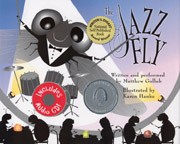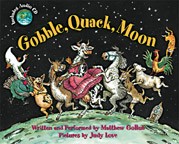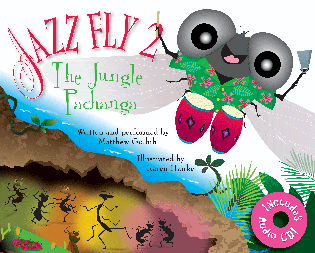Last week, in a tiny farm town near Dinuba, CA (Tulare Co.), I was privileged to lead a writing workshop for around twenty Migrant students. The students ranged from grades 4-8th. My goal was to get them to write with vivid, sensory details about a work or life experience unique to their own background. First, I soon realized, I needed to impress upon them that outside of their community–Monson-Sultana Elementary School, a rather isolated, self-contained K-8 campus, surrounded by orange groves and apple orchards–many people would regard their Migrant experience as interesting. Perhaps in a 95% Hispanic school where most families, though not officially classified as “Migrant,” seem to have experienced farm labor at some point, it’s easy to grow up assuming that EVERYONE takes part in agricultural production. Maybe since wages for such work are low, the conditions hard and the work only seasonal, it’s also easy for Migrant students to feel ashamed of their families’ status. So I started the workshop by quoting, Cesar Chavez:
“Your [parents’] sweat and sacrifice put food on the table of millions of people across the nation and around the world.”
Silence. The joking, the horsing around came to an abrupt halt. I went on to explain that many people in the broader society simply have no idea of what goes into agricultural production. “Take me, for example. I’m from a city way up in the Bay Area. We think oranges come from the supermarket. We see milk that comes in containers, cheese in plastic wrappers, and we don’t give it a second thought. And you’re going to meet more people like me in the years ahead. When you go to college, you will meet lots of people from the city, people from other states, even people from other countries like Korea and China. They will take an interest in the work your family knows. For them, it will seem exotic and unique. So never feel ashamed of your family. Feel proud of your contributions to society!”
That seemed to do the trick. They were hooked, intent on learning how to describe–in English–what it’s like to so agricultural work. We considered describing work in a field or orchard. Finally, we settled on an orange-packing plant for our setting. We brainstormed details that readers could see, feel, taste, smell and hear. The students described for me the hairnets and rubber gloves that workers are required to wear, the high or low temperatures inside the plant, the hard cement floor, the smell of over-ripe oranges sticking or smashing up against the well-shaped ones. They described the oranges rolling by on the conveyor belt, how workers were expected to separate them according to size, to crate them, then lift and carry the heavy crates. I asked them how workers got paid, and they knew: either by hourly wage (around $8) or by “contrato,” i.e. according to pieces, weight or crates processed. They described the smells of meals coming from the break room, the smell of beans, home-made tortillas and the machacudos that the workers brought with them. I told them that although I speak Spanish I needed them to define machacudo (a “smashed” combination of egg and beans). We talked of ways to present Spanish words in their writing, how to italicize foreign words, how to define the terms by paraphrasing them or using footnotes, asterisks or even glossaries.
I asked them to describe to me the thoughts on the workers’ minds. “They wanna work faster!” a boy suggested, “if they’re getting paid by contrato.”
“When you’re doing that work, you just wanna get paid, so you can go buy groceries for your family. So you can buy the stuff that’s on sale at Wal-Mart.” The preteen girl who chimed this comment had burgundy tinted hair.
Teachers often wonder how their students will turn out, what the future will hold for them. Todd Canterbury, a Migrant coordinator who has worked with Tulare County Schools for many years, had this to say about their life trajectory. “Some of these Migrant kids grow up driven and really hungry to succeed. They wind up at colleges like UC Merced, Cal State Bakersfield, even Berkeley or Yale. I’ve seen some of them enter professions and come back to this area. Some of them now earn a lot more money than I do. It’s as if their experiences growing up made them that much more determined and focused.”
Looking around the room at the present crop of Migrant students, I wondered which ones would go on to do what. A smiling 8th grade boy, I later learned, had been exposed to environmental lead poising in Mexico. His prospects weren’t good as he still struggled to master basic arithmetic and language. The 5th grade girl with the glasses, on the other hand, had a maturity and quiet wisdom about her–and writing skills–that suggested she was college bound. The bright-eyed 4th grade boy was shaky when it came to spelling, but conceptually he understood everything I presented, and he contributed verbal insights as keen as any I’d heard. Future labor lawyers, teachers, psychologists? Migrant kids do bring special insights to the table. There’s a reason U.S. colleges consider their circumstance in the admission process. These kids, I’m hoping, will be that much more effective at describing their Migrant experiences to the broader world.



 "Language, rhythm, color, life!"™
"Language, rhythm, color, life!"™